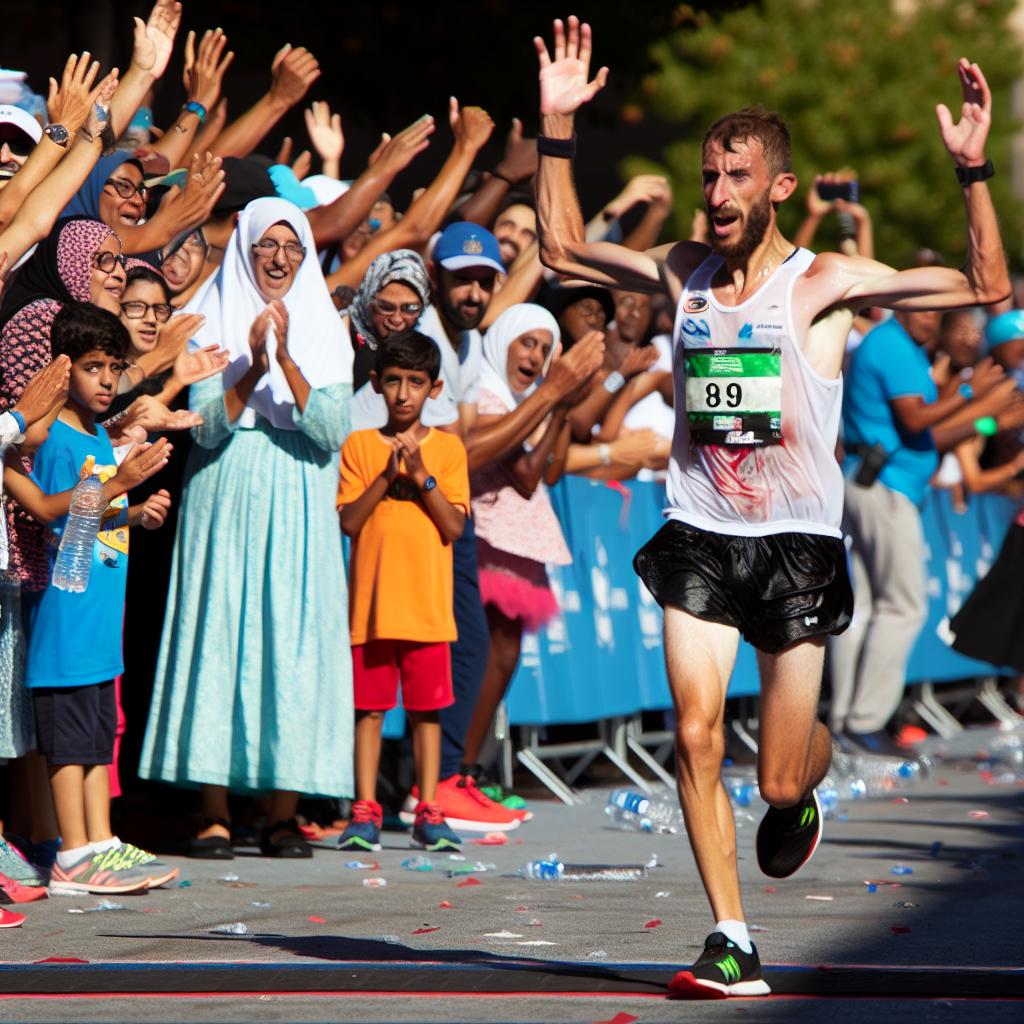
Unlock the secrets to transforming your fitness routine into a marathon-winning strategy
Tailoring Your Training Plan for Optimal Endurance
Crafting a marathon training plan is a science that balances mileage, intensity, and rest. To build endurance efficiently, it's essential to gradually increase your long runs, intersperse them with shorter, faster-paced workouts, and allow for adequate recovery time. A personalized plan that takes into account your current fitness level, running history, and life schedule will support steady improvement and help prevent overtraining, which can lead to burnout or injury.
Consider consulting with a running coach or joining a training group to benefit from structured plans and community support. Remember, each runner is unique; listen to your body and adjust your training plan accordingly to ensure you're progressing toward 26.2 miles at a sustainable pace.
Incorporating Strength Training to Boost Performance
While logging miles is critical for marathon preparation, strength training should not be overlooked. Incorporating exercises that target key muscle groups used in running can enhance your overall performance. Strength training can improve running economy, increase power, and reduce the risk of injury by strengthening muscles and connective tissues.
Focus on compound movements such as squats, lunges, deadlifts, and core work, which can be performed with bodyweight, free weights, or resistance bands. Aim for two to three strength training sessions per week, and be sure to allow for recovery time to prevent muscle fatigue during your running sessions.
Balancing Nutrition and Hydration for Long-Distance Running
Nutrition and hydration play pivotal roles in marathon training and racing. A balanced diet rich in carbohydrates, moderate in protein, and low in fat can provide the energy needed for long-distance runs. Carbohydrates are the primary fuel source for endurance exercise, so including a variety of whole grains, fruits, and vegetables is crucial.
Hydration is equally important, especially during long runs and on race day. Practice drinking fluids during training to determine what works best for you. Remember to replenish electrolytes lost through sweat with sports drinks or electrolyte supplements. Fine-tuning your nutrition and hydration strategies during training will ensure you're primed for peak performance on marathon day.
Mastering the Mental Game of Marathon Running
Mental fortitude is often the difference between finishing strong or not finishing at all. Develop mental strategies such as visualization, positive self-talk, and goal setting to push through the inevitable tough patches of training and racing. Practicing mindfulness and focusing on the present moment can also help manage discomfort and maintain a steady pace.
Remember that setbacks and challenges are part of the journey. Building mental resilience through practice runs and simulated race conditions can prepare you to tackle the psychological demands of the marathon with confidence.
Recovery Strategies to Prevent Injuries and Improve Times
Recovery is the unsung hero of marathon training. Effective recovery can enhance performance, reduce injury risk, and speed up your overall progress. Post-run routines should include cool-down exercises, stretching, and foam rolling to help alleviate muscle tightness and promote blood flow. Additionally, prioritize sleep and consider incorporating active recovery days with low-impact activities like swimming or cycling.
Nutrition also plays a role in recovery. Consuming protein-rich foods or drinks within 30 minutes post-exercise can aid in muscle repair. And don't forget to listen to your body; if you're feeling unusually fatigued or sore, it may be a sign to take an extra rest day or seek professional advice.

